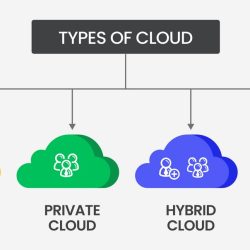
The 20 Best Social Media Management Tools For Businesses
The 20 Best Social Media Management Tools For Businesses – Product Automation PlatformNo-code automation of 5,000+ apps How it works Learn the basics Security Trusted by 2M+ businesses Features Build…
Read more »
Small Business Resource Guide
Small Business Resource Guide – Kroger’s Atlanta operations, which include Georgia, Eastern Alabama and South Carolina, are committed to advancing supplier inclusion by helping small brands and producers learn how…
Read more »
Hire Dedicated Hp Cloud System Admin
Hire Dedicated Hp Cloud System Admin – To sum up our discussion about whether-you-want-to-use-cloud-or-rented (“dedicated”) servers – your cost analysis will most likely indicate that in the long run you…
Read more »
State Small Business Credit Initiative: How It Works & Helps Minority Businesses
State Small Business Credit Initiative: How It Works & Helps Minority Businesses – Congress loves acronyms – especially those supporting and investing in small businesses. There are MBDA, SBA, PPP,…
Read more »
Configuring And Deploying A Private Cloud
Configuring And Deploying A Private Cloud – A private cloud is defined as an on-demand cloud deployment model where cloud computing services and infrastructure are privately hosted on a company’s…
Read more »